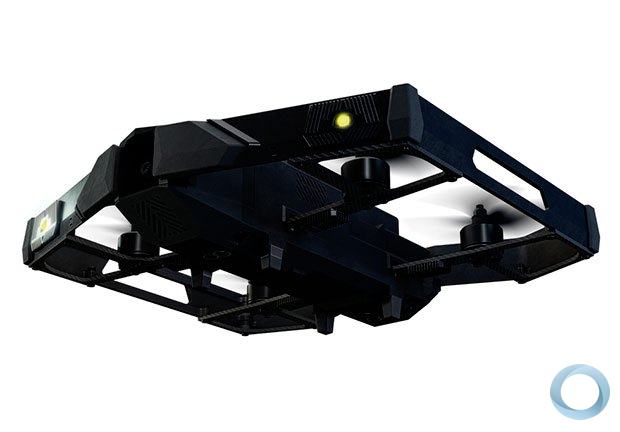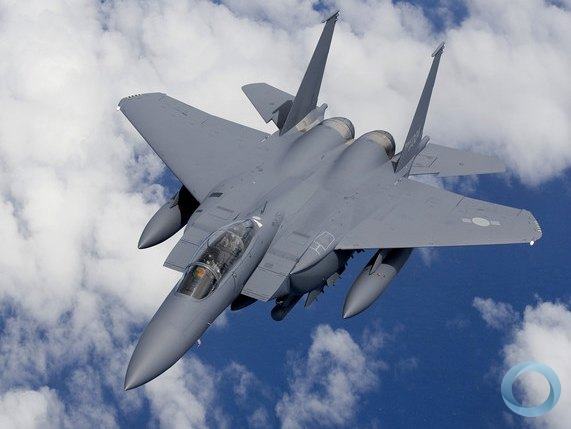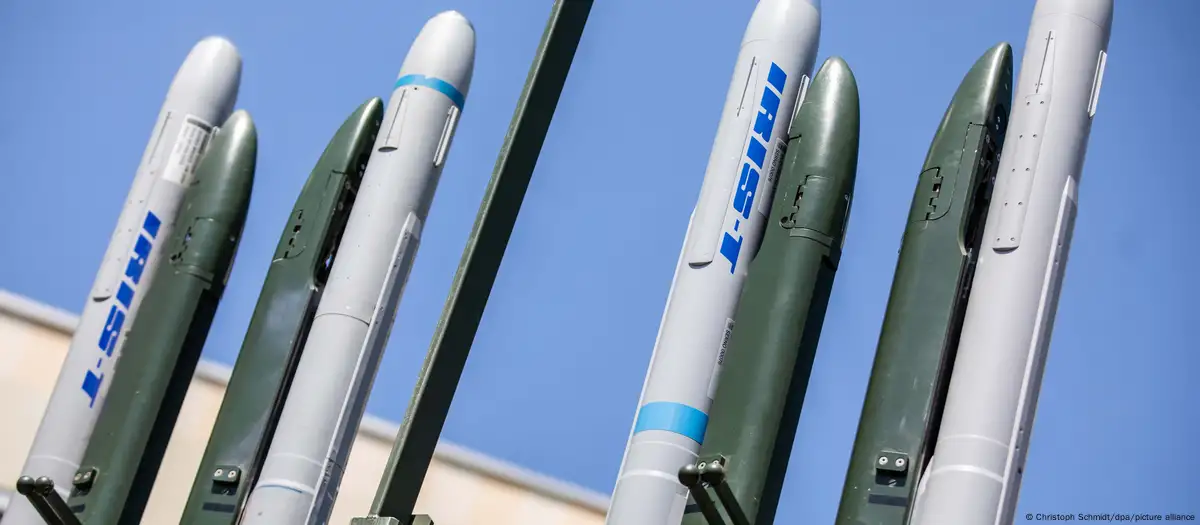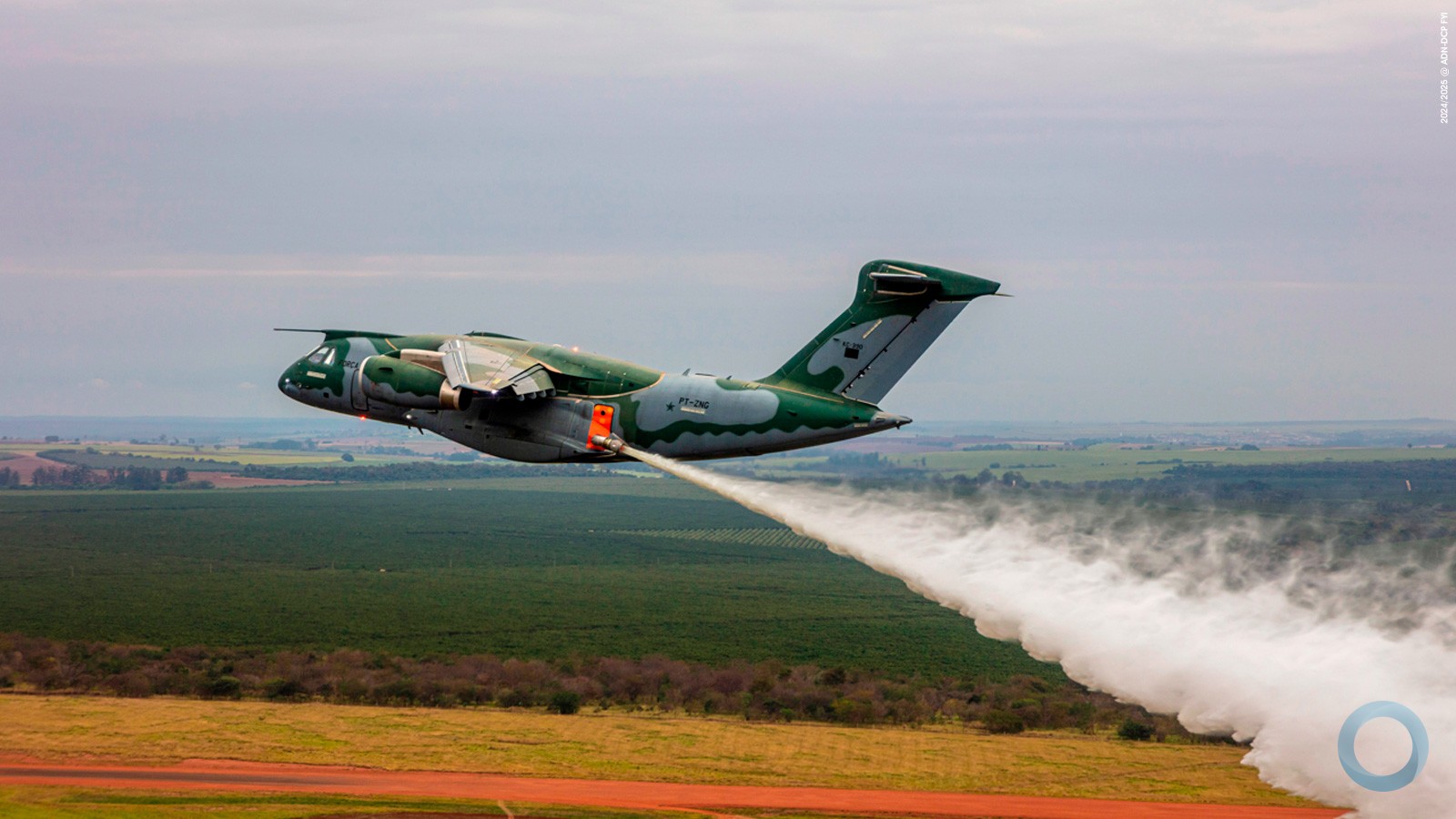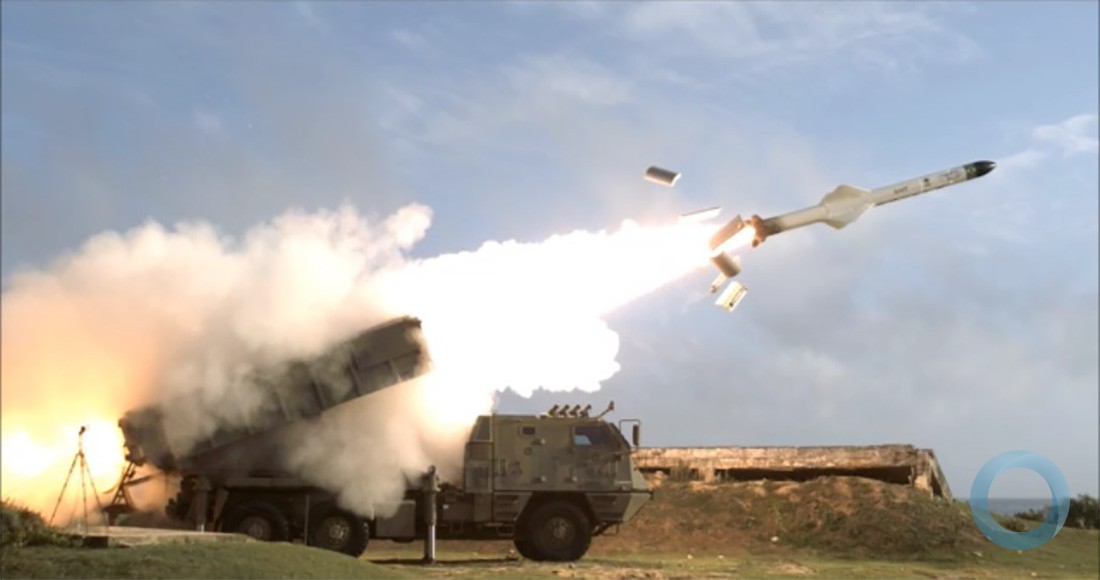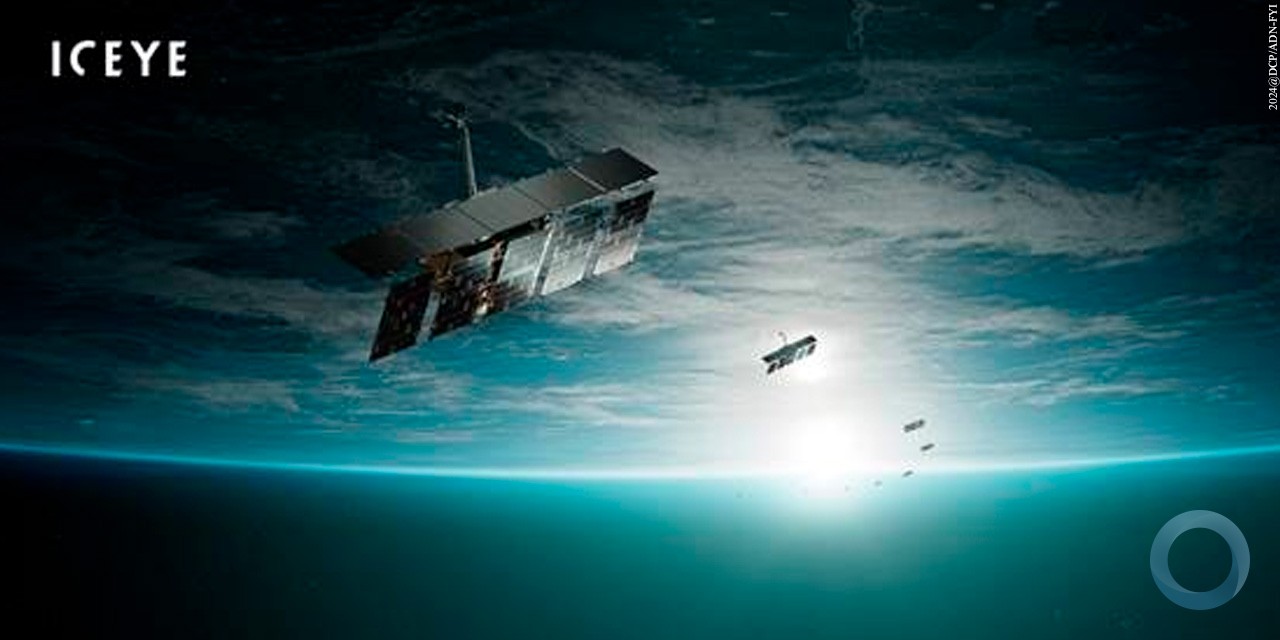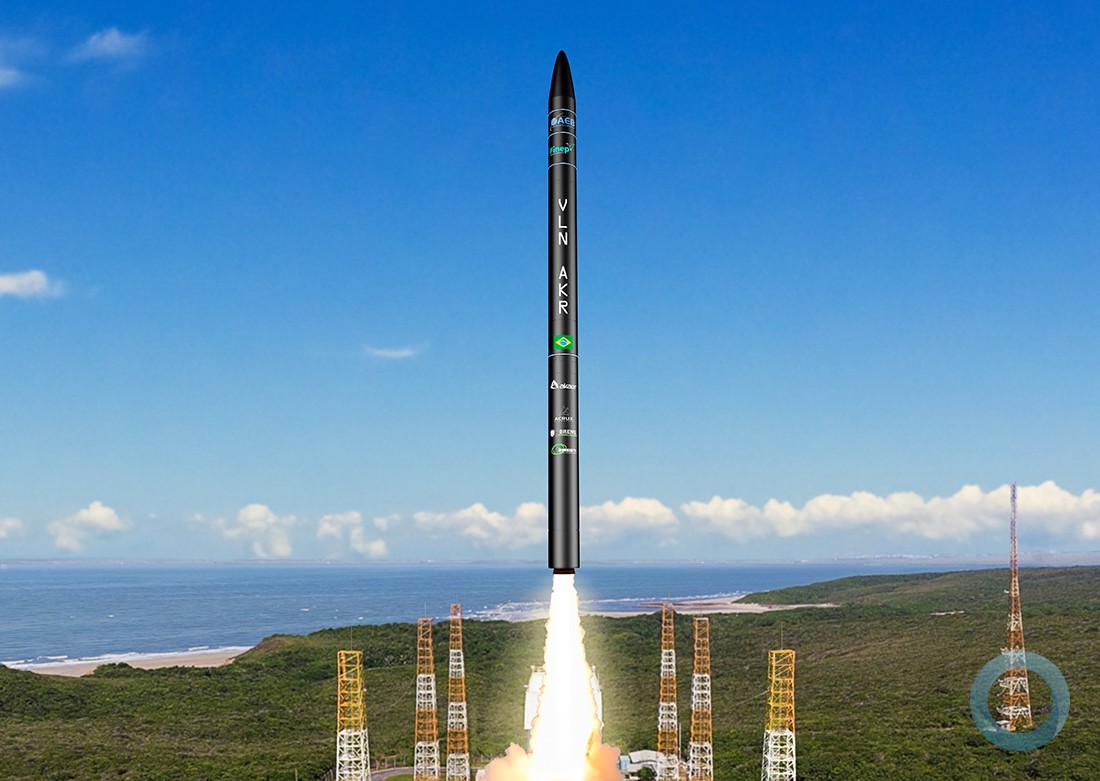A Boeing led team, including U.S. Air Force and Naval Air Systems Command representatives, recently completed KC-46 tanker electromagnetic testing.
This testing evaluates the aircraft’s ability to safely operate through electromagnetic fields produced by radars, radio towers and other systems under mission conditions.
“The KC-46 tanker is protected by various hardening and shielding technologies designed into the aircraft to negate any effects on the aircraft,” said Mike Gibbons, Boeing KC-46 vice president and program manager.
“This successful effort retires one of the key risks on the program.” Testing was conducted on the Naval Air Station Patuxent River, Md., electromagnetic pulse (EMP) and Naval Electromagnetic Radiation Facility pads and also in the Benefield Anechoic Facility at Edwards Air Force Base, Calif.
During tests on the EMP pad at Patuxent River, the program’s second low-rate initial production KC-46 received pulses from a large coil/transformer situated above the aircraft.
The outdoor simulation was designed to test and evaluate the KC-46’s EMP protection while in flight. The KC-46A is a multirole tanker that is designed to refuel all allied and coalition military aircraft compatible with international aerial refueling procedures and can carry passengers, cargo and patients. Boeing is assembling KC-46 aircraft at its Everett, Wash., facility.
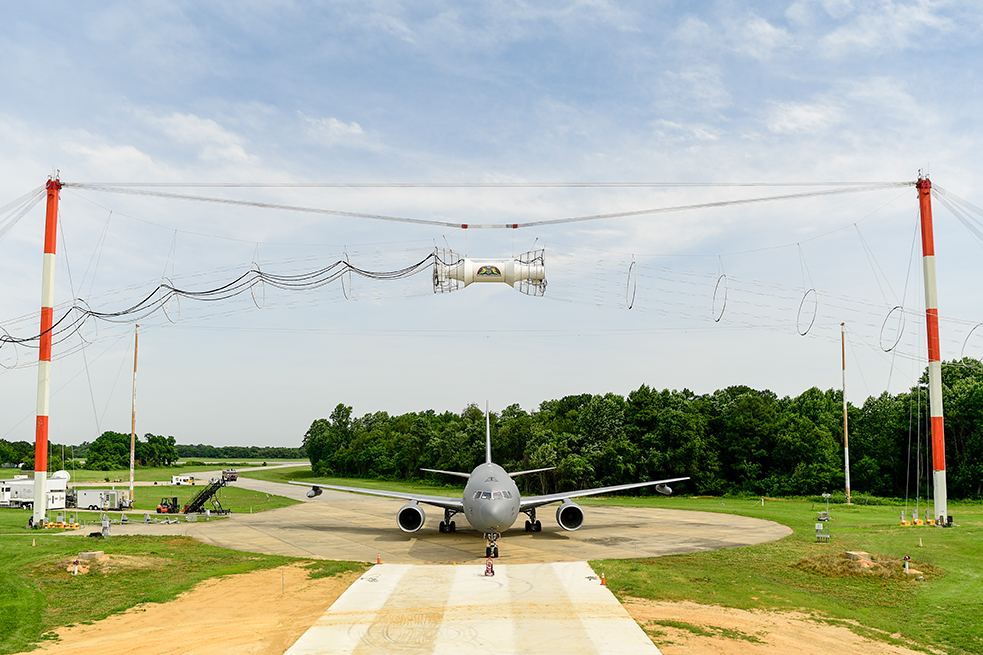

A Boeing KC-46A tanker undergoes testing at Naval Air Station Patuxent River, Md., on the base’s electromagnetic pulse pad. In order to evaluate its ability to operate safely through electromagnetic fields produced by radar, radio towers and other systems, the aircraft received a series of pulses from a large coil mounted overhead. The KC-46 is protected by technologies designed into the aircraft to negate any effects. (Photo credit: NAVAIR photographer)












